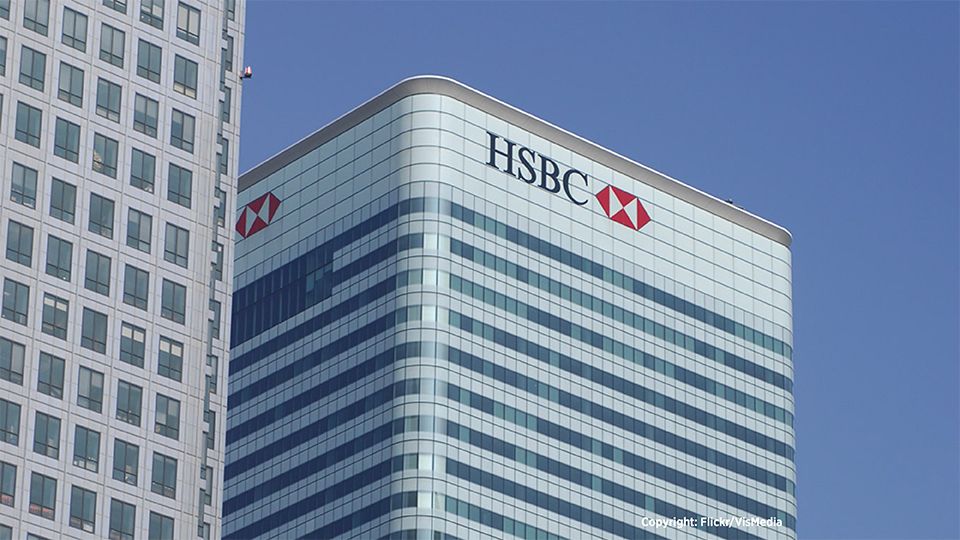HSBC shareholders have withdrawn a resolution calling on the bank to close its fossil fuel policy loopholes after the bank engaged with the investors and updated its climate commitments.
The global bank has agreed to phase down financing of fossil fuels in line with limiting global temperature rise to 1.5C, as well as to update the scope of its oil, gas, and thermal coal policies by the end of 2022.
Additionally, HSBC has pledged to update the scope of its fossil fuel targets to cover capital markets activities by Q4 2022, which was a key point of contention in HSBC’s recently published climate targets. ShareAction research found that 60% of the bank’s HSBC’s financing to top upstream oil and gas companies is in the form of capital markets underwriting.
This activity resulted in a second resolution being filed in February 2022 by 11 institutional investors and retail shareholders calling on the bank to close its fossil fuel policy loopholes, while they also expressed disappointments in the coal phase out policy published in December, which ShareAction said failed to meet the red lines previously set out by investors.
Since, a coalition of investors co-ordinated by ShareAction has engaged with HSBC on how to step up climate commitments.
Laura Chappell, CEO at Brunel Pension Partnership, said: “In the area of climate change, we welcome HSBC’s willingness to engage constructively with shareholders and are encouraged by its recent commitments, including its decision to ask its major oil and gas clients to have transition plans in place by the end of the year.
“We now want to see the bank establish clear red lines and decarbonisation expectations for these, with clear, time-bound consequences for clients that fail to meet them. The bank must lead its clients by example, and commit to curtailing support for new oil and gas projects which could compromise its commitment to the goals of the Paris Agreement.”
The shareholder resolution has been withdrawn but the shareholder coalition has sent a letter to HSBC CEO Neil Quinn and chair of the board Mark Tucker setting out expectations for the bank to act on climate going forward. This includes:
- Close the loopholes in its coal phase out policy;
- Identify phase out dates for for unconventional oil and gas (oil sands, fracking, and ultradeep water) and Arctic oil and gas;
- Update its definition of the Arctic in line with the Arctic Monitoring and Assessment Programme (AMAP);
- Publish a public set of core red lines and decarbonisation expectations for the assessment of the transition plans for major oil and gas producer clients
- Set out a clear escalation plan to outline the steps that HSBC will take if clients fail to meet the minimum thresholds for their transition plans with an established deadline in place;
- Cease financing for any new oil and gas projects.
The shareholders will take further action in 2023 if the bank’s implementation of the its commitments are deemed to be unsatisfactory.
Catherine Howarth, CEO at ShareAction, said: “[The bank’s] commitments are an important step for HSBC that showcase the impact of shareholder engagement. The focus must now be on ensuring that these are implemented in a way that is robust and science-based. As Europe’s largest provider of financing to top oil and gas expanders, HSBC must act decisively.”
ShareAction research showed the bank has provided $59bn to top oil and gas expanders – the most support from any European bank. It is also the third largest financier of the fossil fuel industry in Europe.
Colin Baines, investment engagement manager at Friends Provident Foundation, commented: “HSBC took a massive step forward last year when it announced its commitment to phase out from coal by specific dates last year. We believe it should now do the same with oil and gas, starting with unconventionals. The review and update of its current oil and gas policy presents the bank with a key opportunity to do so.”








